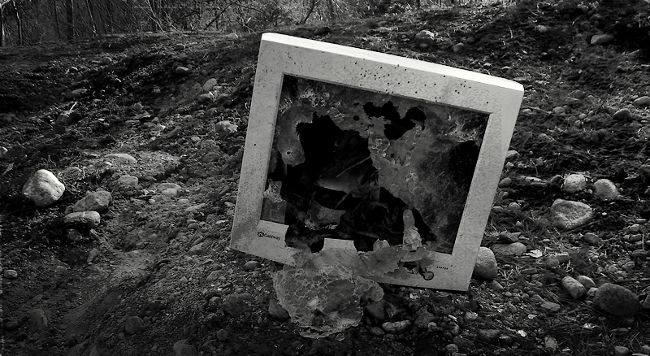Reading and maths skills are proving more important in the emerging digital world than spending huge amounts on expensive computing, according to the rich country think tank the OECD.
Countries that have heavily invested in computing were said to have made “no noticeable improvement” across PISA assessments reading, maths or the sciences, despite the extravagant promises of the IT industry.
Students who used computers moderately were said to do “somewhat better” than those who used them little, but heavy computer users apparently suffered, even when background was considered.
On the subject of inequality the OECD said “perhaps the most disappointing finding” was that technology was not bridging the gap between poor and rich students.
Despite all this Andreas Schleicher, OECD director for education and skills, remained hopeful of IT’s potential:
“School systems need to find more effective ways to integrate technology into teaching and learning to provide educators with learning environments that support 21st century pedagogies and provide children with the 21st century skills they need to succeed in tomorrow’s world. Technology is the only way to dramatically expand access to knowledge. To deliver on the promises technology holds, countries need to invest more effectively and ensure that teachers are at the forefront of designing and implementing this change.”
Among the problems highlighted by the report was students’ use of copy and pasting in schoolwork, which Schleicher drily said “is unlikely to help them to become smarter.”
“Technology can amplify great teaching, but great technology cannot replace poor teaching,” he added.
To asses the digital skills of children the OECD challenged them to “use a keyboard and mouse to navigate texts by using tools like hyperlinks, browser button or scrolling, in order to access information, as well as make a chart from data or use on-screen calculators” – a rather low bar to climb.
Students from Singapore, Korea, Hong Kong, Japan, and Shanghai were the top performers, fulfilling a stereotype that was rather spoiled by Canada, which also did well.
Interested parties can read all 200 pages of the OECD report online, which should kill off a few evenings.
Image Credit – Smashed computer, April 2009 by Amanda Tetrault
